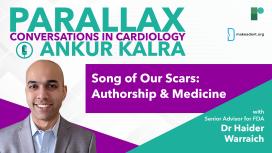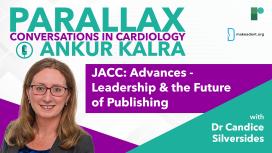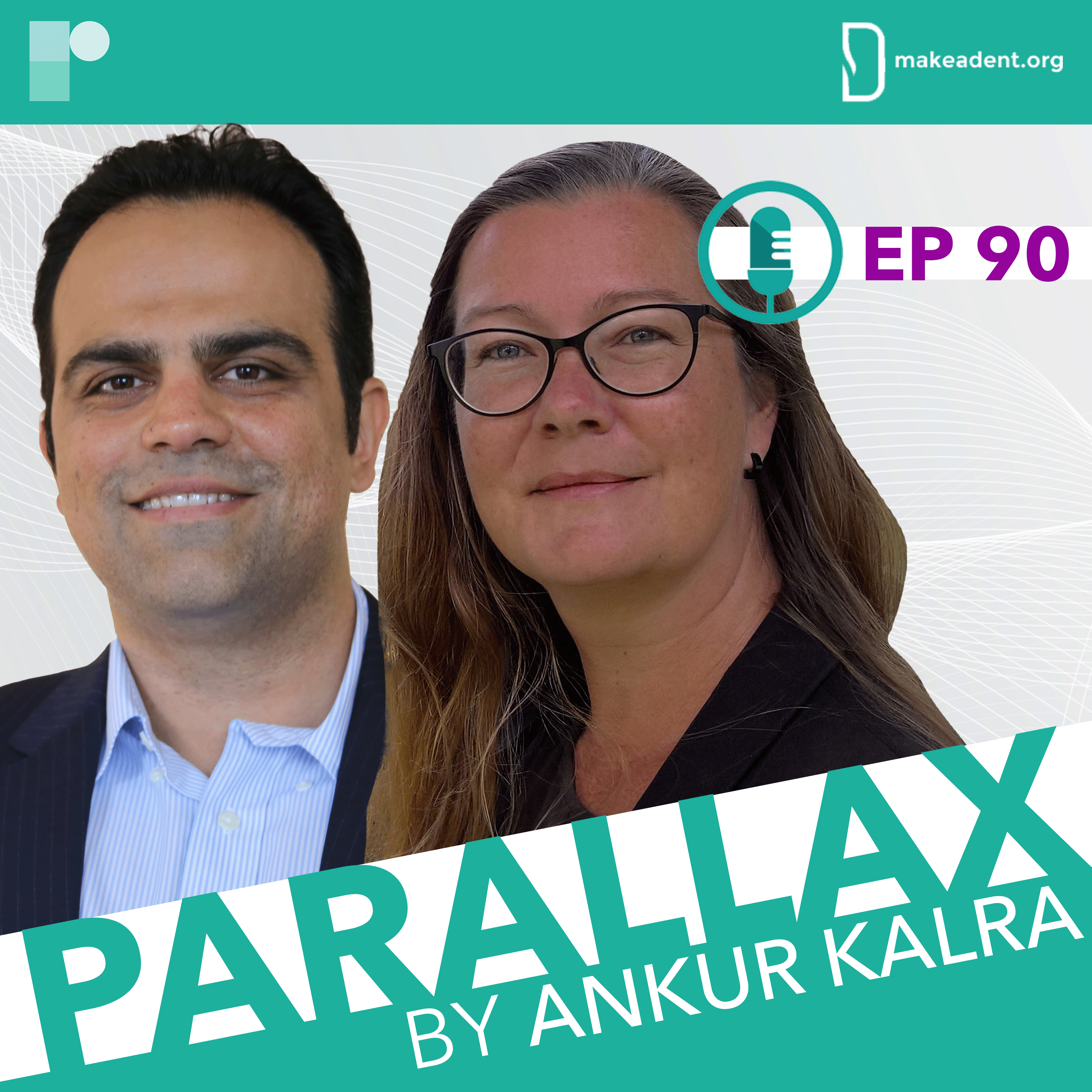
Bullying is a phenomenon that most of us are familiar with, whether through personal experience or through the stories of friends and colleagues. But what exactly is the impact of bullying on an individual and, in turn, on their community or field of work? In the context of medical science, the consequences can be particularly dire.
In the latest episode of Parallax, Dr Ankur Kalra's guests are Dr Susanne Täuber and Dr Morteza Mahmoudi. Dr Täuber, an expert in organisational behaviour, was recently terminated for speaking out against discrimination at her institution. Dr Mahmoudi is a radiologist at Michigan State University and co-founder of @AcademicParity movement.
Dr Mahmoudi and Dr Täuber teamed up to explore bullying in academic settings. Together with Dr Kalra they discuss why bullies thrive in such environments and the ways institutions enable such behaviour. Dr Täuber offers solutions and a critical overview of institutional narratives, while Dr Mahmoudi highlights the long-term effects on academic work and medicine. They call for action against toxic behaviour and for stakeholders to eliminate incentives for universities to support perpetrators.
What prompted Dr Mahmoudi to write about academic bullying? How do we disrupt toxic behaviours? What is Dr Täuber’s and Dr Mahmoud’s message to individuals who have been targeted by perpetrators?
Reinstate Susanne Täuber, protect social safety and academic freedom at the RUG (openletter.earth)
Resources:
Täuber S & Mahmoudi M. Disrupting targets’ dependency on bullies. Science 2022.
doi.org/10.1126/science.abo3412
Mahmoudi M. Academic bullying slows the evolution of science. Nat Rev Mater 2023.
doi.org/10.1038/s41578-023-00549-x
Mahmoudi M. Academic bullying: How to be an ally. Science 2021.
https://doi.org/10.1126/science.abl7492
Mahmoudi M. A survivor’s guide to academic bullying. Nat Hum Behave 2020.
doi.org/10.1038/s41562-020




What is the Global Cardiology University project? How does Dr Anavekar encourage trainees to re-examine their role in patient care? What is his advice to our listeners?

As Dr Kalra asks Dr Rao about the ways in which early career faculty members can get involved with the organization at a state level. Dr Rao shares his insider tips and highlights key events where individuals can further their participation.
How can you get involved with your local ACC chapter? How can you improve your leadership skills? What is Dr Rao’s advice for our listeners?

He explains how the complexity of nutrition and the compounds generated by the gut microbiome can impact our health. We learn more about three compounds produced by our gut microbiome that have a strong connection with heart disease.
Through this conversation, Dr Vuyisich invites us to reframe our approach to nutrition and prevention as a question of food education and data-driven science.


This episode features a vascular neurologist and an interventional cardiologist who will discuss the relationship between their two fields of medicine.

In this rich and insightful discussion, Dr Kittleson talks about the origins of famous #kittlesonrules, a collection of tips for doctors shared on Twitter, and her thoughts on mentorship. We learn more about Mastering the Art of Patient Care. Dr Kalra and Dr Kittleson discuss strategies for managing difficult situations in patient care.

What do you need to know about hospital investigations? What is the difference between OPPE and FPPE? How can you get educated on hospital bylaws and processes?

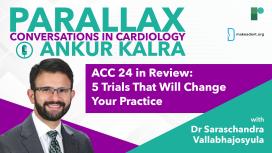
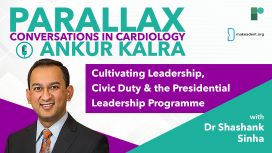
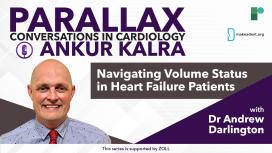
Together, Dr Kalra and Dr Darlington delve into the significance of assessing volume status in patients with heart failure, highlighting its continued relevance in 2024, including the availability of new diagnostic tools, including the Heart Failure Management System (HFMS).
This series is supported by ZOLL and is intended for Health Care Professionals.
